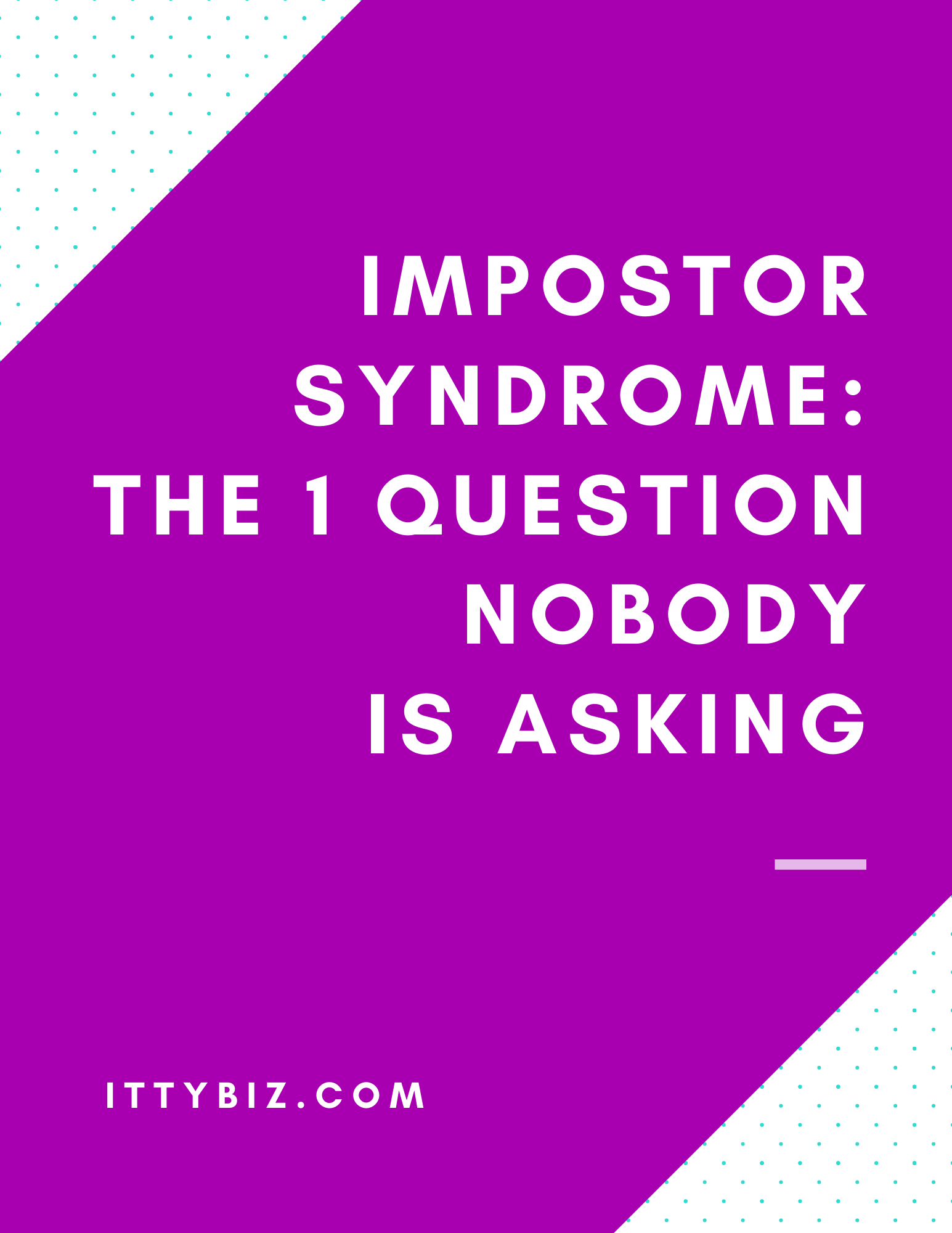Exploring Procrastination, Emotional Dependency, and Impostor Syndrome
Exploring Procrastination, Emotional Dependency, and Impostor Syndrome
Blog Article
In the modern age, people often face internal obstacles that affect their daily lives. Among these, procrastination, emotional dependency, and impostor syndrome are some of the most common challenges. What can you do to break free from these patterns?
In this guide, we will dive into the causes and solutions these three challenges. By understanding their impact and learning to manage them effectively, you can build a healthier mindset and achieve your goals.
Understanding Procrastination and Its Impact
Procrastination refers to postponing important activities despite knowing their importance. It often stems from fear of failure, lack of motivation, or poor time management.

When procrastination takes over, can be far-reaching. To combat procrastination requires practicing self-discipline and creating o que é procrastinando actionable plans. Consider dependencia emocional como sairsíndrome de impostora techniques like the Pomodoro Technique or setting realistic deadlines to stay on track.
What is Emotional Dependency?
Emotional dependency is a state where a person depends excessively on external relationships to fulfill their emotional needs. Although relationships are fundamental, emotional dependency turns detrimental when it leads to a lack of independence.

Common signs of emotional dependency include a fear of rejection, difficulty making decisions independently, and an overwhelming need for reassurance. Breaking free from this pattern, it’s crucial to build self-confidence and cultivate self-reliance. Therapy, mindfulness practices, and journaling can provide significant support.
What is Impostor Syndrome?
Impostor syndrome is the persistent belief where someone feels like a fraud despite evident success. Those affected often attribute their achievements to luck rather than recognizing their talent and hard work.

This mindset can lead to anxiety, self-doubt, and a fear of being “exposed”. Addressing this issue involves challenging self-critical beliefs and acknowledging personal successes. Seeking feedback from trusted peers and setting realistic expectations can also help you build confidence.
How to Address These Challenges?
Here are some practical steps:
- Create a routine to combat procrastination and break larger tasks into smaller milestones.
- Recognize triggers that contribute to your emotional reliance and foster personal resilience.
- Practice gratitude to counter impostor syndrome and consider therapy or coaching.
Long-term improvement requires persistence, so stay committed to these approaches to achieve lasting transformation.
Moving Forward from Mental Barriers
These challenges can feel overwhelming, but they are manageable with the right strategies. By understanding their roots and applying effective techniques, you open the door to personal growth.
Take the first step by acknowledging where you stand and adopting simple, actionable strategies. Always keep in mind: progress is a journey, not a destination.
Report this page